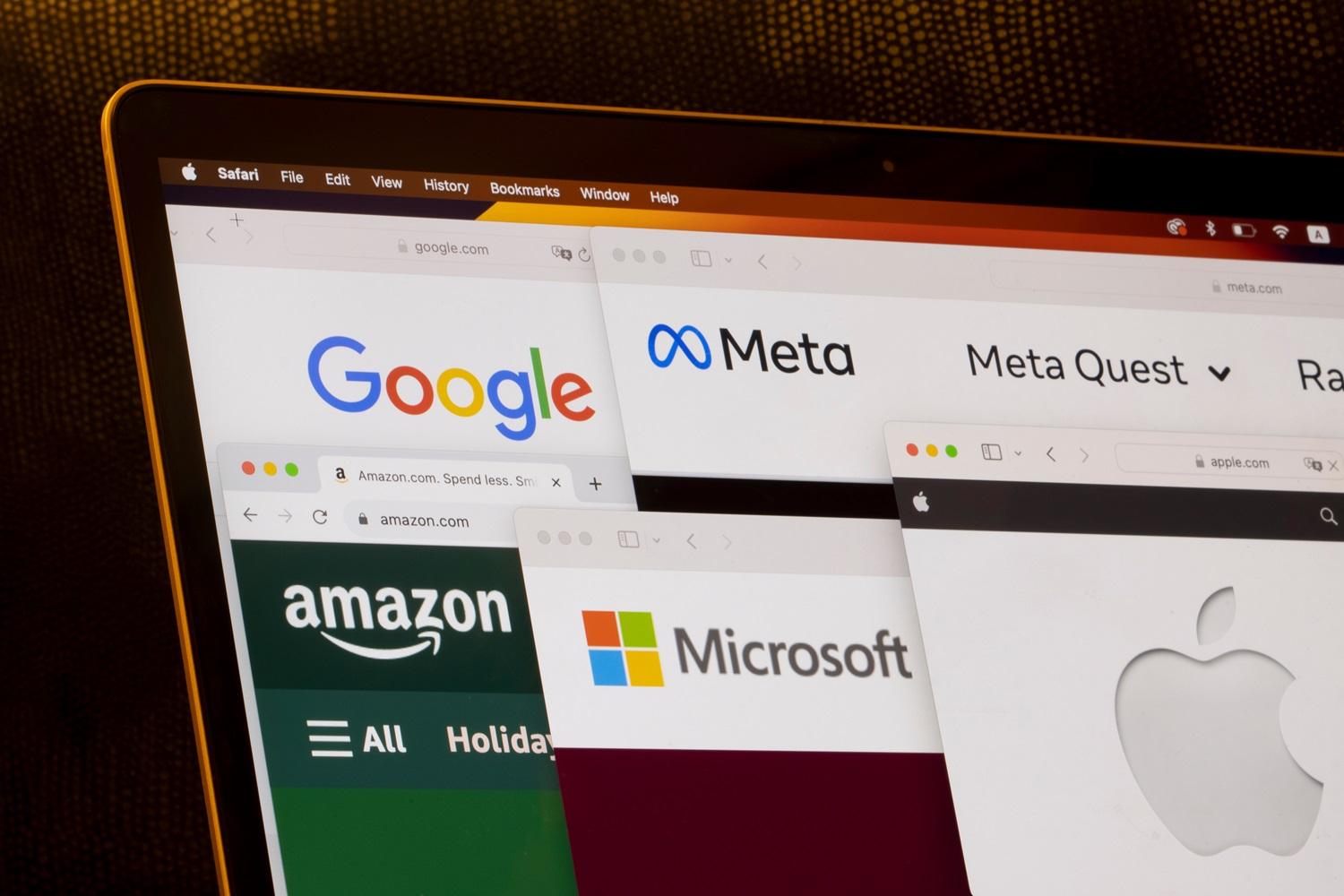Defending Europe’s Digital Sovereignty and Democratic Values Against Deregulation Pressures
Published:
The European Trade Union Committee for Education (ETUCE) urges the European Union to take bold steps to oppose U.S. President Donald Trump’s calls to dismantle regulations on technology companies. Donald Trump has threatened tariffs and export restrictions against countries with digital regulations that - he argues - damage U.S. tech giants. Trump explicitly targets EU digital rules such as the Digital Services Act (DSA), and the Digital Market's Act (DMA), and the AI Act. Such demands represent a direct attack on Europe’s democratic values, social protections, the integrity of our education systems and the welfare of our children.
Europe’s regulatory framework, including the AI Act, is not a barrier to innovation—it is a necessary safeguard for fundamental rights, transparency, and accountability. Deregulation would open the door to unchecked profit-driven corporate influence and power, eroding privacy, undermining labor rights, and compromising the ethical use of technology in our education systems and society.
Moreover, American Big Tech already wields outsized influence over Europe’s public sphere and classrooms. At the European Digital Education Stakeholder Forum 2025, a EU-flagship initiative, industry‑aligned voices were given a prominent platform and could openly lobby for Big Tech interests while teacher and worker representation was relegated to the audience seats. ETUCE has already objected strongly to this dangerous imbalance, flagging the predominance of a profit-motivated, business‑first approach and insufficient teacher representation in its correspondence to the EU Commission.
The same concern applies to the EU–OECD AI Literacy Framework for schools, published in May 2025. While framed as a joint EU–OECD initiative, it is explicitly developed “with support from Code.org and international experts” an organisation funded by American Big Tech Companies and billionaires, including Elon Musk, raising legitimate questions about the extent of industry influence over core educational competences and curricula that must remain free from any profit-driven or foreign interests. Europe must ensure that literacy frameworks are co‑created with educators and their unions from the outset, not steered by market actors.
ETUCE considers the push for digital deregulation to be part of a wider global shift towards authoritarianism. We see an unprecedented attack on free speech, censorship and workers rights in public education, universities, research institutions, musea, the arts and the media in the United States. Globally, the largest American platforms have too often and increasingly accommodated or aligned with undemocratic practices, being complicit with censorship and surveillance demands in authoritarian contexts—behavior that corrodes civil space and contradicts Europe’s human‑rights‑based digital model. The European Union and EU-regulation are fundamental in protecting our European sovereignty, democratic institutions and values.
ETUCE therefore calls on the European Commission and Member States to:
- Defend and strengthen existing AI and digital regulations as pillars of democratic governance—resisting any external pressure by the United States government and American Big Tech companies to weaken these protections in the name of “competitiveness”, “free markets” and so-called “free speech”.
- Champion a needs‑based approach to digitalisation in education, where technology serves clear pedagogical purposes defined by teachers, students, academics, and researchers—not by profit-led industry marketing cycles.
- Invest and promote investment in European tech alternatives that adhere to European political and social values.
- Prioritise public‑interest innovation by funding non‑profit, European‑based EdTech that adheres to European values, with educators involved as co‑designers from the start.
- Invest in ethical implementation and AI literacy for all, ensuring that AI complements, not replaces, human educators, that teachers receive the time, training, and professional support they need and that such benefits as accrue to learners are rooted in the principles of equity, equality and inclusion.
Education is a public good, an intrinsic element of the social contract, not a marketplace. Technology must serve students and educators—not corporate shareholders. Europe must lead by example, ensuring that digital transformation upholds human dignity, equality, and democracy.